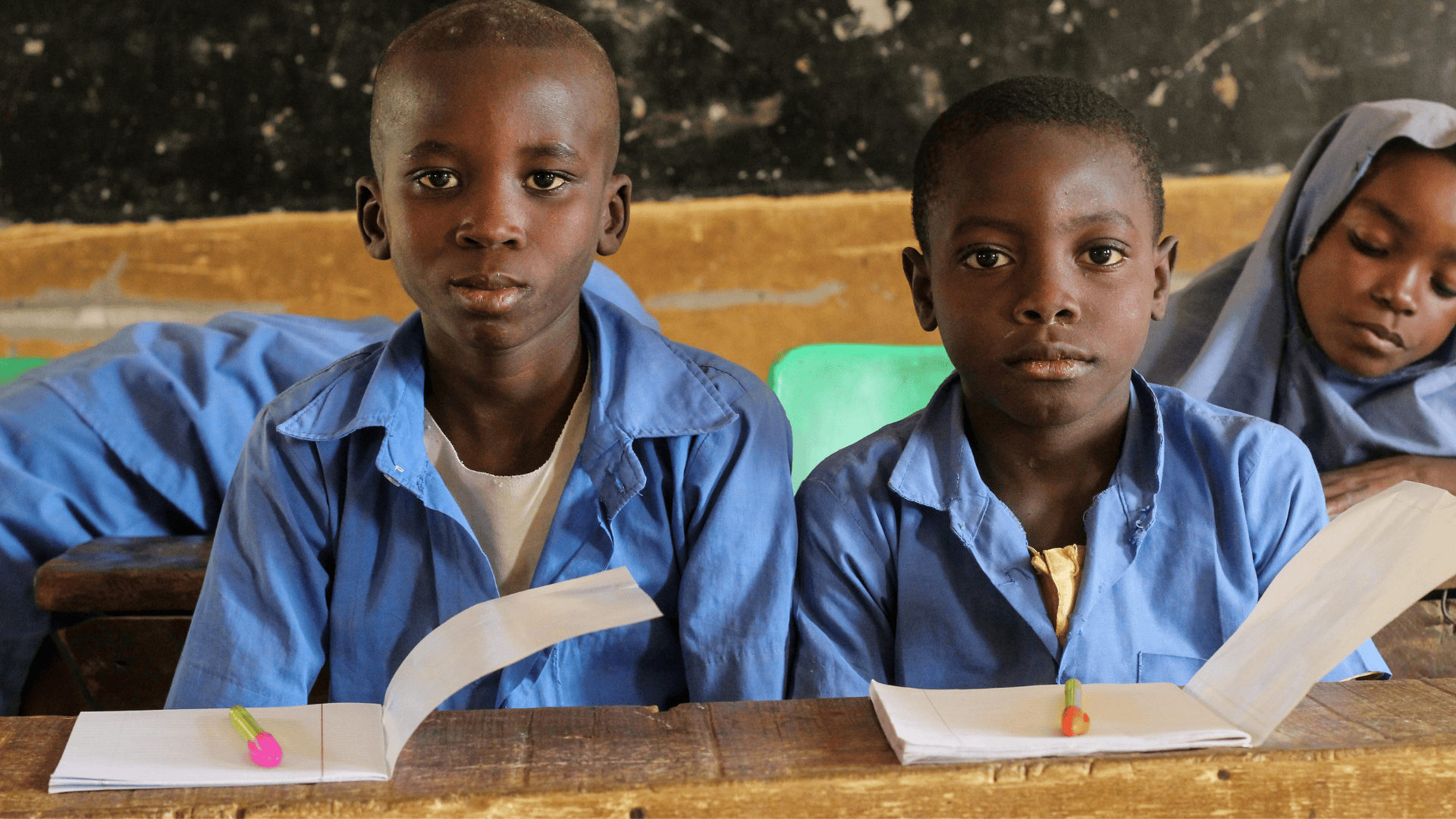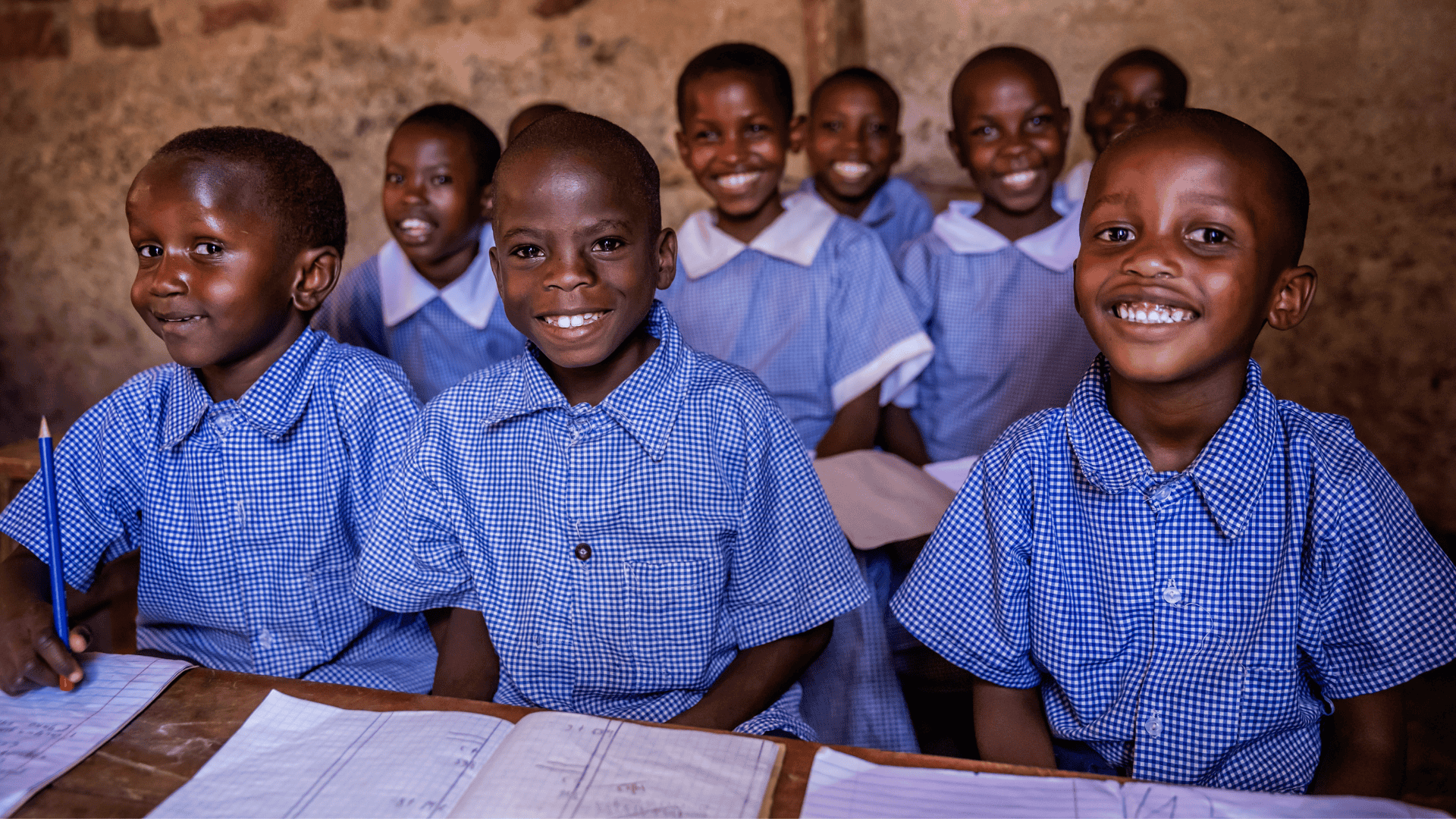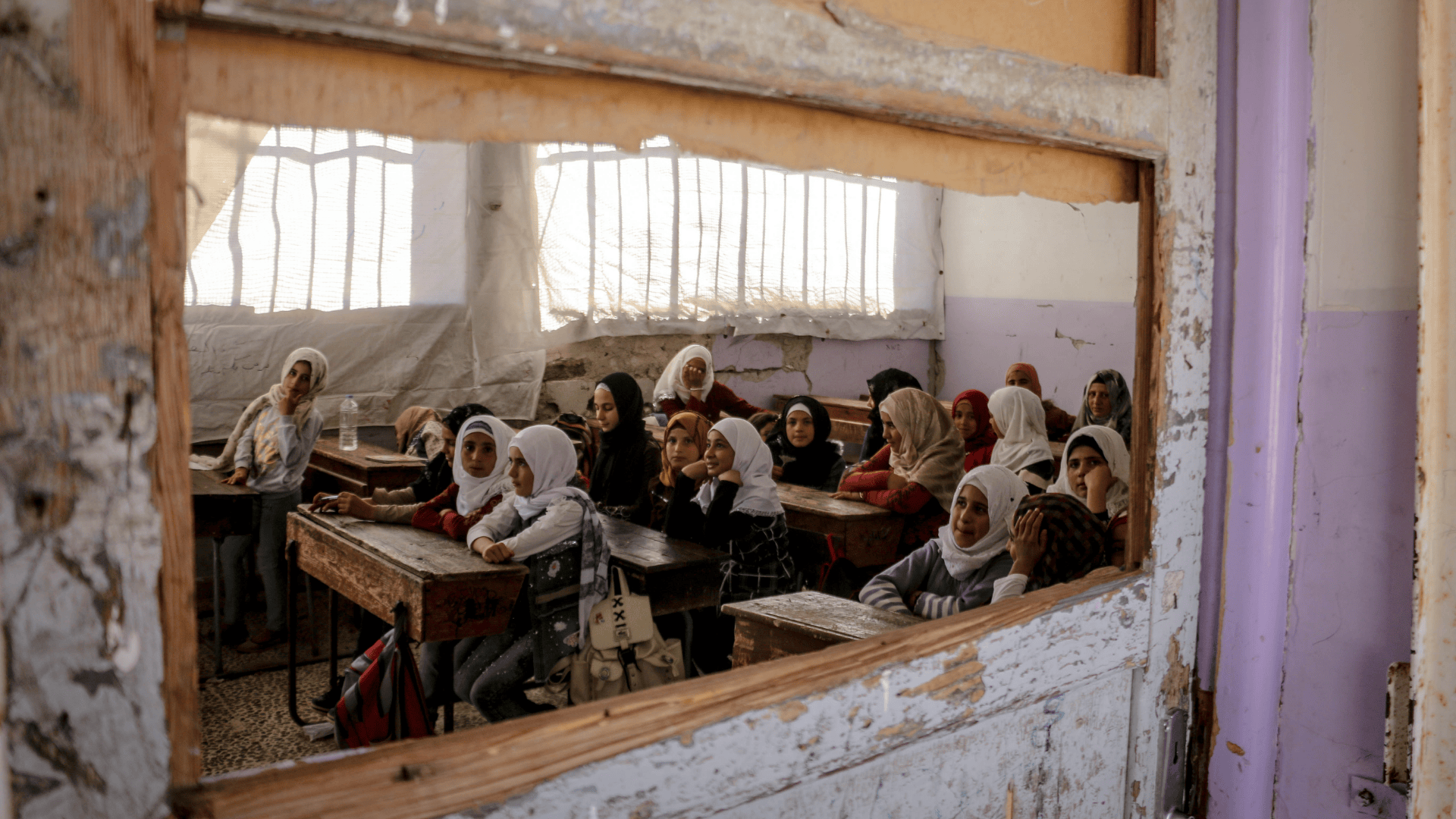In an era defined by rapid technological advancements and evolving societal challenges, equipping children with STEM (Science, Technology, Engineering, and Mathematics) skills from the earliest years is more crucial than ever. These subjects don’t just impart facts; they teach young learners how to ask questions, analyze situations, test ideas, and innovate. This early development of analytical thinking fosters adaptability and boosts confidence in facing real-world problems.

Even before the pandemic, many communities, especially in low- and middle-income countries, struggled with access to quality STEM curricular materials. COVID-19 simply laid bare these disparities. Initiatives like STEPS (STEM Teacher/student Education for Primary Schools) are responding head-on by delivering free, accessible STEM curricula to grades 1–5 across Benin, Cameroon, and the DRC, while also providing additional materials that can be used globally. By blending innovative pedagogy with technology tools, STEPS is redefining what early education can look like, without leaving anyone behind.
A strong STEM ecosystem isn’t just about content; it is about the people who deliver it. STEPS centers its strategy around a “train-the-trainers” model, ensuring that local teachers are prepared and supported to ignite curiosity and drive understanding in their classrooms. By building educator capacity, the initiative multiplies its impact, creating a ripple effect across school systems and eventually, societies.
STEM education historically suffers from disparities—gender gaps, language barriers, resource inequities, and more. STEPS is rising to the challenge head-on. It adapts curriculum materials to French for Francophone regions, supports both high- and low-tech delivery options, and remains sensitive to the educational contexts of each partner country. This inclusive approach ensures that every child, regardless of background, has access to meaningful learning experiences.

Beyond math and science, quality early STEM education builds a generation capable of tackling future global challenges—from climate adaptation to public health and sustainability. STEPS’ “Survive and Thrive” projects invite students and communities to engage directly with sustainability, encouraging collaborative, hands-on learning that instills environmental stewardship and real-world problem-solving.
The world is changing fast. Today’s education systems must therefore be flexible and resilient. STEPS embeds monitoring, quality assurance, and policy advocacy into its model, positioning its methods not merely as stopgap solutions but as scalable, long-term transformations for national education systems. Early STEM learning can set the tone for a generation that thrives amid uncertainty, equipped with both knowledge and adaptability.
The urgency of delivering robust STEM education in early childhood is undeniable. It is the fuel for critical thinking, digital fluency, and equitable opportunity. Initiatives like STEPS are proving that when we invest in teachers, embrace innovation, and center equity, we do not just teach children to add or analyze, we equip them to lead, solve, and shape a better future.

By supporting and scaling efforts like STEPS, stakeholders everywhere—from parents to policymakers—can help ensure that every young mind, no matter where they start, has the chance to become tomorrow’s problem-solver.
